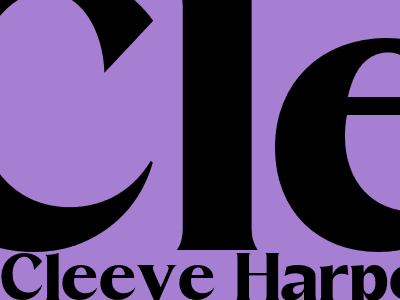How to Achieve SEO Success on Google and Blogger
Introduction
In today's digital landscape, having a strong online presence is crucial for businesses and individuals alike. Search engine optimization (SEO) plays a vital role in driving organic traffic to your website, boosting visibility, and establishing your brand as an authoritative source of information within your industry. For those looking to optimize their web content using Google and Blogger, a deep understanding of their respective SEO guidelines and best practices is essential.
SEO Guidelines for Google
1. Content Optimization: Google places a high emphasis on providing high-quality, relevant content that aligns with the intent of a user's query. Ensure your content is well-written, informative, and meets the search needs of your audience. Avoid keyword stuffing and prioritize natural language usage.
2. Link Building: Acquiring backlinks from reputable and authoritative websites is a critical ranking factor for Google. Focus on building natural links through guest posting, collaborations, and by creating shareable and valuable content that other websites will want to cite.
3. Technical SEO: Technical aspects of your website, such as page loading speed, mobile responsiveness, and XML sitemap submission, impact your SEO performance. Ensure your website is technically sound and meets Google's standards to improve your rankings.
SEO Guidelines for Blogger
1. Keyword Research: Before creating content, conducting thorough keyword research is essential. Identify relevant keywords that your target audience is searching for and incorporate them naturally into your blog posts. Use tools like Google Keyword Planner to find the most effective keywords for your content.
2. Blog Organization: Structure your blog content in a clear and organized manner using headings, subheadings, and bullet points. This makes it easy for users to navigate and find the information they need, improving your blog's readability and user experience.
3. Image Optimization: Including relevant images in your blog posts is essential, but be sure to optimize them for SEO by using descriptive file names and alt tags. This helps search engines understand the content of your images and rank them accordingly.
Conclusion
Achieving SEO success on Google and Blogger requires a comprehensive understanding of their respective SEO guidelines and implementing best practices on both platforms. By focusing on high-quality content, building authoritative backlinks, and optimizing your website's technical aspects, you can improve your visibility, establish your brand, and attract more organic traffic to your website. Remember to monitor your SEO performance regularly, adapt to changing search algorithms, and stay up-to-date with the latest SEO trends to maintain your competitive edge in the digital landscape.

Comments